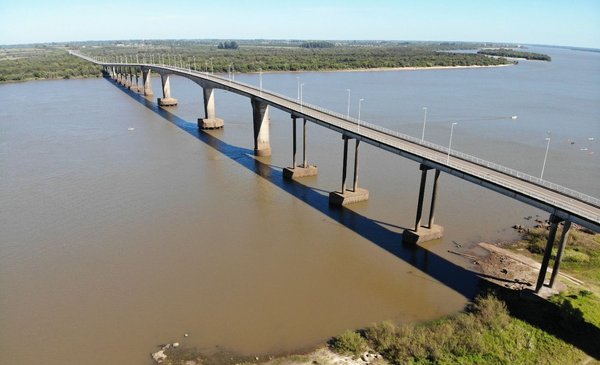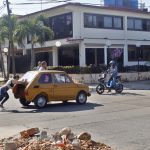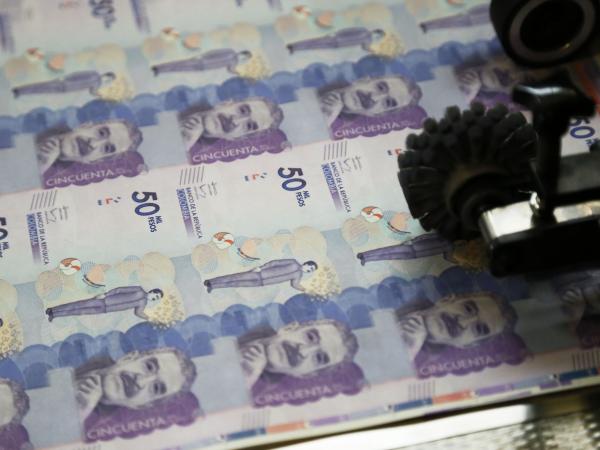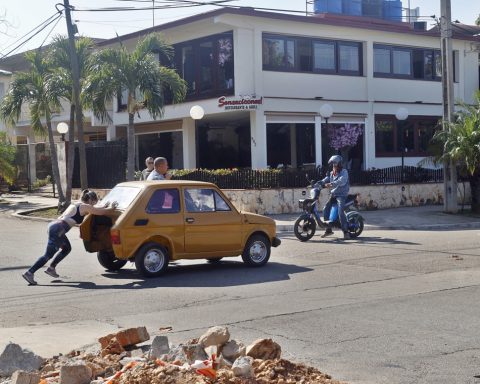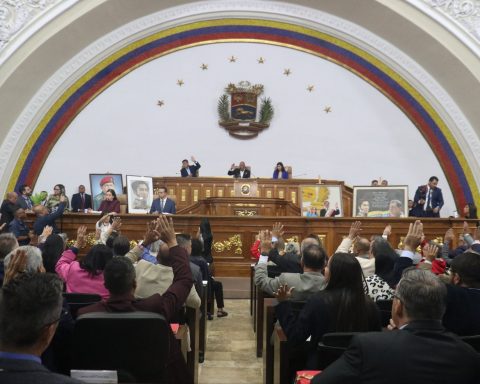After two years of pandemic, Uruguay is preparing for its first Easter without restrictions and without context of health emergency. In that sense, there are great expectations from the tourism sector but also concern about the impact that the departure of Uruguayans abroad may have, mainly to Argentina, and the blow that this means for coastal trade.
Presidency released on Tuesday the decree signed by President Luis Lacalle Pou that establishes the end of the health emergency due to coronavirus. The text It annulled decree 93/020 with which the health emergency had been declared on March 13, 2020.
Last Friday the government had already enabled those who are vaccinated against the coronavirus, who enter without the need to present a negative test. The measure also applies to those who have had the disease within the last 10 to 90 days prior to arrival in the country.
These recent measures of the Uruguayan government are added, for example, to those decreed by Argentina at the end of January, which authorized Uruguayans with the complete vaccination schedule against the coronavirus (two doses) could enter that country without the need to perform a PCR test with a maximum of 72 hours in advance.
The combo for free movement between the two countries materialized and with it two visions. On the one hand, those tourist and commercial operators who understand that free movement can be harmful due to the exchange rate difference with Argentina, which can tempt Uruguayans to cross the pond. On the other hand, who are excited about the good amount of reservations and trust domestic tourism -and even international- and believe that there could be an interesting arrival of Argentines.
coastal alert
“Today we are already in a total commercial emergency. Today (for this Wednesday) at 8:30 in the morning there were almost 1.5 kilometers of cars crossing Colón to get gasoline and buy. The Uruguay River is full of boats crossing goods to supply local businesses and the absurdity was reached that Prefectura seized two boats on a main beach in Paysandú. The impunity that is felt about this is total, it is like: ‘come on, the business is in front’”, said the director of the Board of Directors of the Paysandú Commercial and Industrial Center (CCIP), Juan Martín Della Corte.
For Della Corte, the impact on local commerce and tourism will be strong since “Beer Week is nourished by many Uruguayans and the shows attract Argentines”. However, “For Argentines, coming to Paysandú is like going to Miami, added to the fact that Colón has a nice tourist proposal“, so that “It is going to be more what Paysandú is going to lose than what Paysandú is going to win”.
According to the director of the CCIP, although good work has been done on border policies with the government to mitigate the damage, they are “theoretical advances” that have not been able to materialize. “We do not want the bridges to not open. We welcome the opening of bridges, we are left with a terrible feeling that the bridges are opened without having achieved anything”, he explained.
Della Corte stated that, if this trend continues, andIn 90 days, the sand companies will be at 50% of their numbers and people working.
The coast is already suffering from shopping tourism in Argentina.
The President of the Tourism Commission of the Commercial and Industrial Center of Salto (Ccisalto), Flavia Lavecchia, said to The Observer that so far, the occupation for thermal tourism “is very good” and that thanks to the lifting of restrictions and capacity “there is more availability”.
However, he pointed out that the sector is in a situation in which it opts for “keep taking care of yourself and do things right” so despite the lifting of the health emergency “the protocols to some extent are still in force.” “The idea is to have quality thermal tourism and the expectations of the reserve are very good”, he added.
Although the expectations for Tourism Week are good in general terms, Lavecchia also warned about the impact of the return of free circulation on the bridges of the coastal cities and indicated that this Tuesday, for example, the service stations of Concordia and Colón “ran out of fuel” due to the number of Uruguayans who crossed.
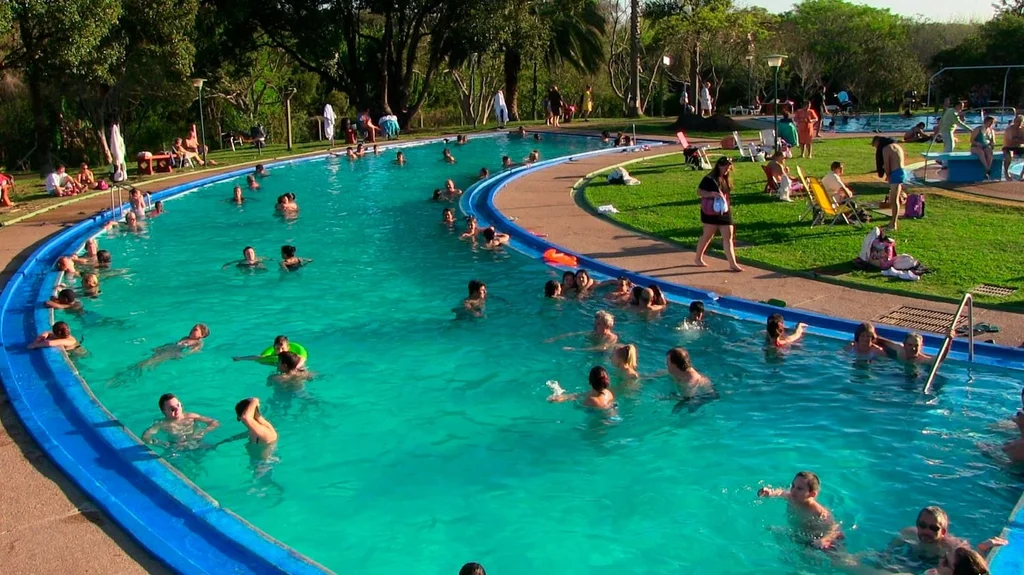
EFE / Rodrigo Garcia
They expect a good occupation in the hot springs.
Lavecchia said that he does not foresee great impact on tourism because “people He still knows that the Argentine health situation is more complicated than here and he has just started to move” but what I am very worried about the coming months. “We are not against the opening of borders, but we have to think about policies that benefit tourism after a pandemic where it was greatly affected and will continue to be affected by this issue.”, he explained.
The southeast without major concerns and Colonia is excited
Javier Sena, president of the Real Estate Chamber of Punta del Este (Cipem), said to The Observer that Holy Week will beof many people”. In that sense, he pointed out that there will be a large influx of owners but there is also “a lot of people making hotel reservations.” For Sena, the hotel sector, although it will not be working “at a great pace”, if they can improve what was last year.
The president of Cipem maintained that although there will be Uruguayans who choose to go to both Argentina and Brazil, “everyone who has property here in the area to come and enjoy”. In that sense, he argued that despite the more accessible prices in Argentina, it is also a country “with many difficulties in various aspects, which is why the Uruguayan outbound is somewhat limited”. Sena added that the chamber is working with various promotions on the neighboring shore for “all those Argentines who may come.”
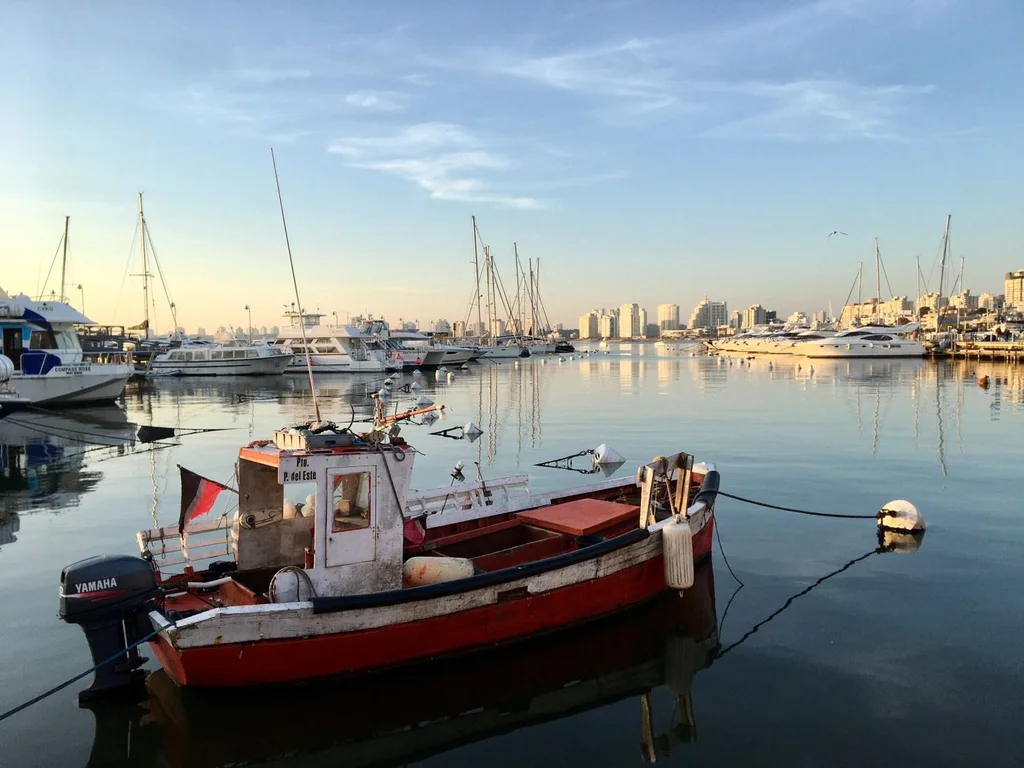
Miguel Arregui
east end
For Andrés Castellanos, president of the Colonia Tourist Association (ATC), Tourism Week in that department will be “very good” Starting with the number of reservations that there are today (in the environment of 60% of the occupation), as long as “accompanies the weather”.
The president of the ATC told The Observer that the lifting of sanitary restrictions “lend a hand to those who come from abroad” but pointed to domestic tourism as the one that will provide the greatest flow of visitors.
“For Colonia it is an achievement to have grown in the domestic market in the way that it has. It seems very important to me what has been managed from the Cologne Municipality as well as from the ATC in public-private policies, which gave this benefit of growth of the internal market that must be sustained, “he explained.
Castellano said that Colonia has a very good number of proposals for tourists, among which the presentation of Marama stands out on Friday, April 15 at the Plaza de Toroswhich he highlighted as “the jewel of the department”.
There will be different events throughout the department of Colonia, both public and private. For example, from a tasting show and tasting of wines from the department’s wineries to shows in Nueva Helvecia and La Paz.
Regarding the impact that the lifting of health restrictions and the possible migration of Uruguayans to Argentina may have, Castellano maintained that it is a normal situation. “In the tourism field we are used to commercial imbalances, what we were not used to was having closed borders”, he explained.
In any case, he indicated thatthey are paying attention” to the situation and that a survey of the tourist basket carried out by the ATC threw that Although the apartment was more expensive than Buenos Aires, it was not more expensive in Mendoza and Mar del Plata.. Along these lines, he argued that it is necessary to look at the “international market that is returning”.
“It is the extra region that are those foreign tourists who are visiting Buenos Aires or Montevideo and who come to Colonia. Now when one walks through the streets of Colonia de Sacramento, one hears again the number of languages, something that did not happen in the pandemic, that is also a vital symptom for us to hear that number of different languages, which is something that tells us ‘ok are coming, ‘we beat again’”
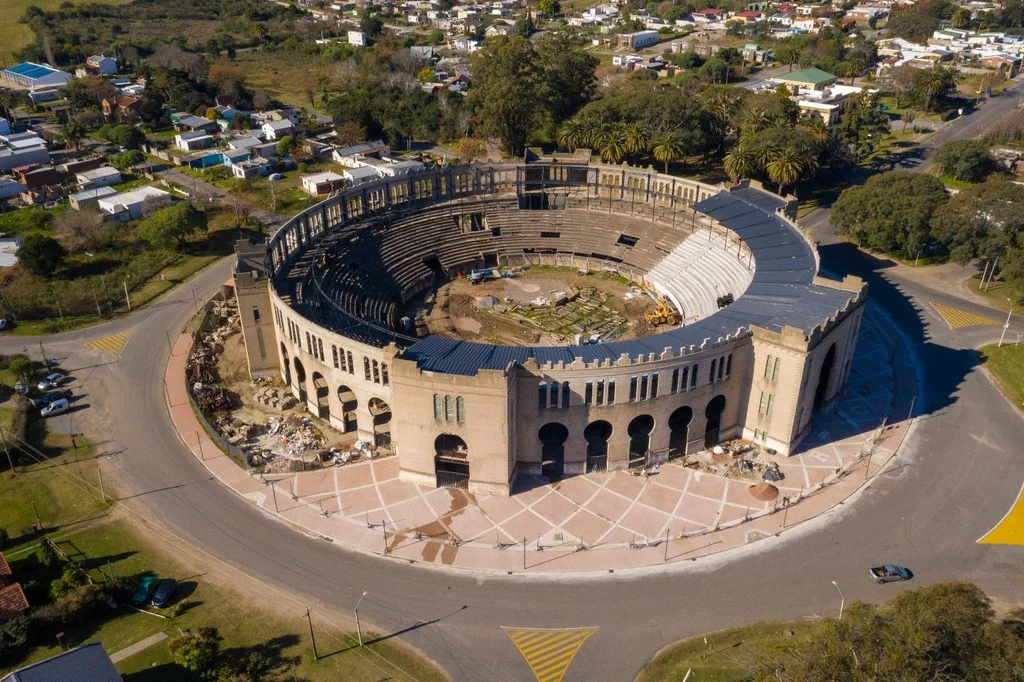
Municipality of Cologne
In Cologne they are optimistic.
The real estate agent Ricardo Pereyra, The Dove, Rocksaid that usually “there is very little demand” for the department at Easter and that “there are not many expectations” in general.
“Easter for us is just a small supplement that can round off a season and in this case, no, not even that.. Many seasonal businesses have already closed, February ends or the first days of March and it closes, ”he explained.
According to Pereyra, the Roche movement during Holy Week It responds mainly to owners and also some people who approach complexes of cabins or apartments with services such as a heated pool.
For the real estate agent, the impact of lifting the health emergency and related restrictions means that – as always – people from the region choose to go to Florianopolis, for example. In any case, he maintained that He does not believe that the total reopening of borders has “immediate consequences but rather long-term ones” since “people do not adapt quickly to drastic changes in a short time.”
